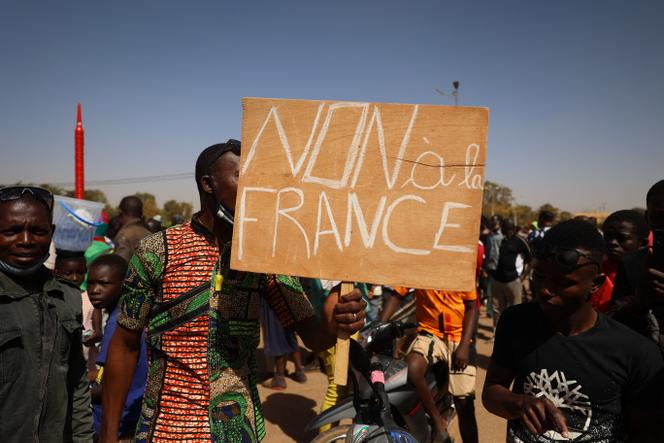


How can we avoid being swept along by what looks like a groundswell of protest? This was the subject of the report by MPs Bruno Fuchs (MoDem) and Michèle Tabarot (Les Républicains, LR) on the state of Franco-African relations.
At a time when Paris has had to accept the forced departure of its soldiers from Mali, Burkina Faso and recently Niger, when the hostile discourse surrounding its African policy has been gaining ever greater resonance in public opinion, and when new competitors have been challenging positions that French decision-makers thought to be established, the two elected representatives have called for greater clarity and coherence in actions and discourse vis-à-vis the continent.
Bruno Fuchs We need to move away from a missionary, moralizing vision that pits us against Africans. This approach, rooted in French culture, has never worked. We promote a societal model based on democracy, respect for the rule of law and commitment to public freedoms, but we are not moralizing towards Qatar, Saudi Arabia or China. Why should we be with the DRC, Equatorial Guinea or Côte d'Ivoire? We have to be consistent in our approach to the world, and stand by our positions.
When we go against our values, as we did in Chad [where, after the death of Idriss Déby, Emmanuel Macron supported the solution of a transition led by the deceased's son], we have to be transparent and explain that the principle of security in the region takes precedence over everything else. The question also arises with Egypt: Do we prefer to have Marshal Sissi in power, who is not a recognized democrat, or the Muslim Brotherhood?
We also need to resolve the paradox of defending a multipolar vision of the world while favoring unilateral action in Africa.
France is experiencing a contradiction linked to the virtuous but outdated doctrine developed under François Mitterrand. Whereas, under General de Gaulle, Paris provided decolonized African countries with protection in exchange for loyalty in UN votes, since Mitterrand we have claimed to support democratic regimes by guaranteeing the security of states. That's where the trouble comes from, because we've instituted a policy of variable geometry. We are intransigent towards President Obiang, in power in Equatorial Guinea since 1979, but we have developed close relations with neighboring Gabon, which was on a similar trajectory. In Lebanon, we call for the fight against corrupt politicians, but in Chad, we give our backing to Déby's son. We need to regenerate the Mitterrand doctrine because, contrary to what we naively believed in the 1990s, economic development has not been enough to impose democracy everywhere.
You have 75% of this article left to read. The rest is for subscribers only.
